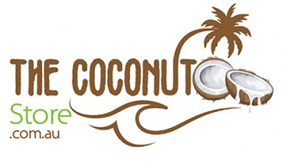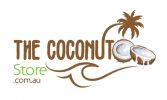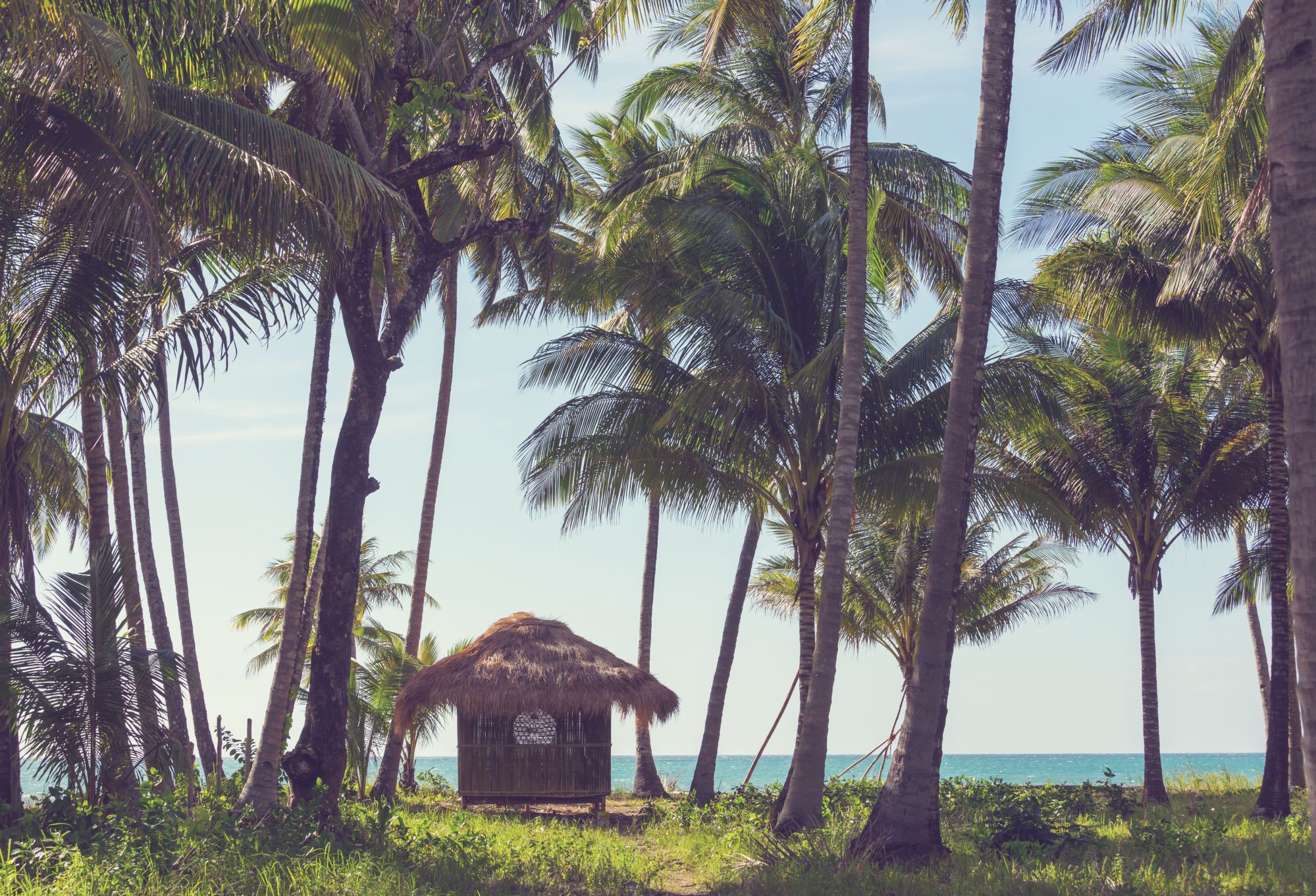Unwind With Lunar Latte
Lunar Latte is my new favourite nighttime drink. From the initial aroma of stirring the blend into the milk to the first, last and every sip in between, it is an explosion of flavours. Lunar Latte by Nutra Organics includes Chamomile, Lavender and Passionflower, delicate botanicals with Ayurvedic Ashwagandha, and ancient Chinese adaptogenic herbs He Shou Wu and Reishi mushroom is the perfect way to unwind before bed. The following are Lunar Latter FAQs from Nutra Organics Why are there herby floaters in my cup? Firstly, if you find that your Lunar Latte has some remnants of ground herb floating in it - CONGRATS! This means you have some of the freshest organic herbs in your nighttime indulgence! Your Lunar Latte is more than suitable to consume. Those naturally occurring “stringy bits” are just mucilage (or fibre) from freshly ground organic Chamomile herb (no fake
Read More




